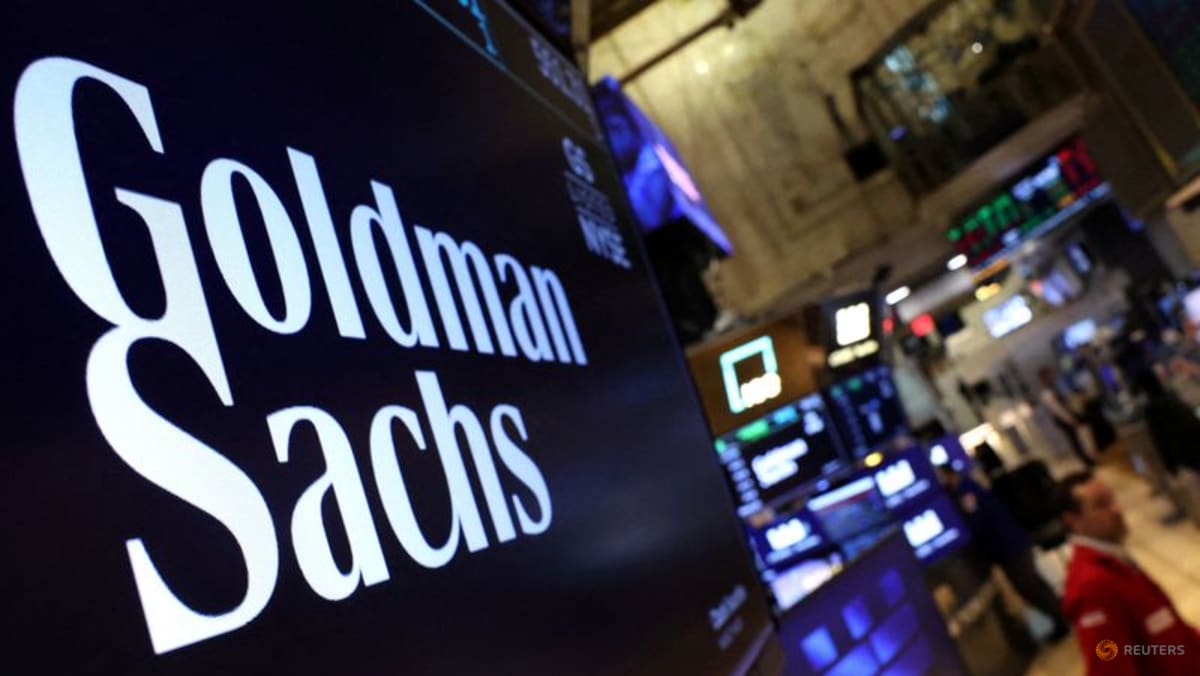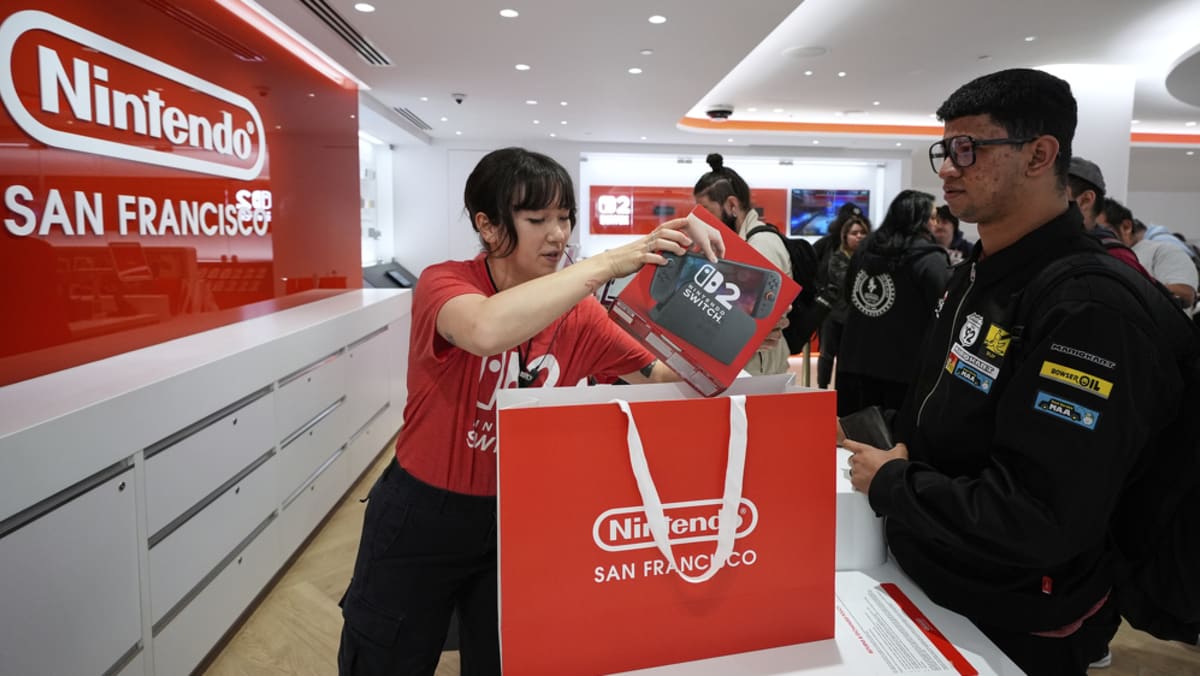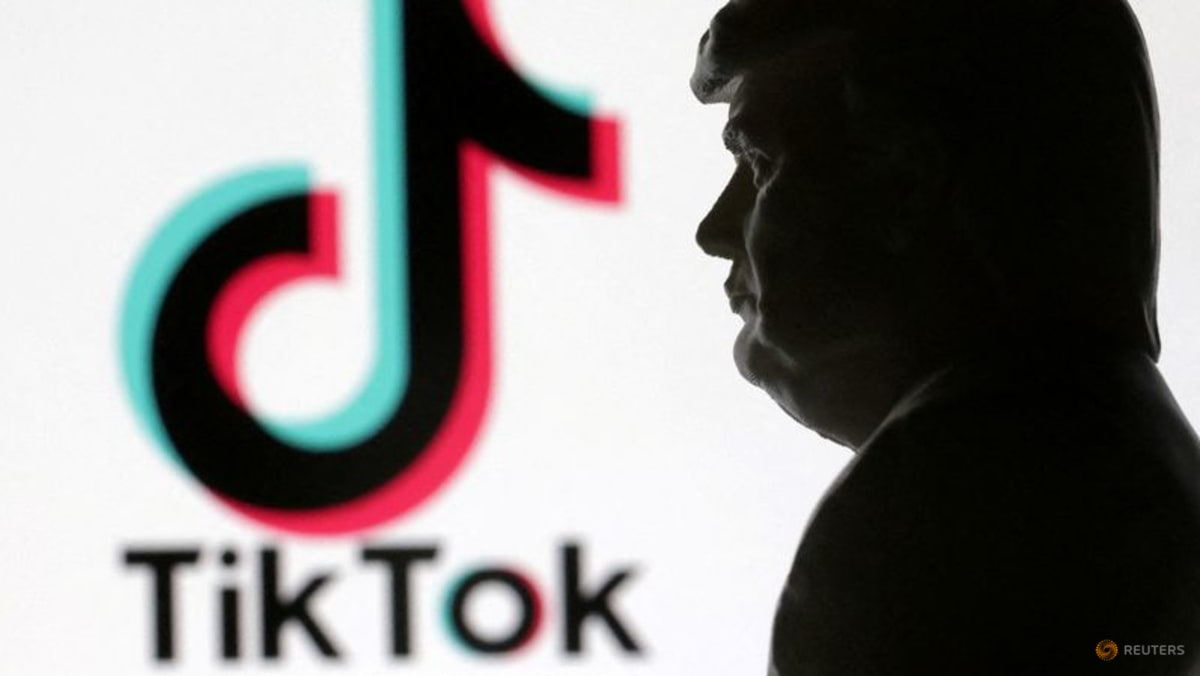KNOWING WHO TO IGNORE
It’s also increasingly hard to isolate genuine fan engagement from click-chasing rage-bait. Online revenue-sharing creates incentive for insincere actors to generate controversy that often matters little to the wider public.
There was much ink spilled and calls for boycotts ahead of the launch of Warner Bros’ Harry Potter game Hogwarts Legacy, owing to author JK Rowling’s views on gender and trans issues. None of that stopped it becoming one of the best-selling of all time.
Meanwhile, right-leaning activists have led backlashes over Sony’s The Last of Us Part II (decried for inclusive changes from the first game, including a lesbian protagonist and transgender character) and Ubisoft’s Assassin’s Creed Shadows (due to its choice of a Black samurai hero) that have had little sales impact.
Knowing who to ignore isn’t just a tech issue. A growing theory among those on the political left posits that the movement’s failure to stop the election of US President Donald Trump could be due to ideological capture by overly active online voices on the fringes – leading politicians to focus on niche concerns of little interest to the majority of voters.
Of course, online issues can end up being important. The backlash to faded social network Tumblr’s decision to eliminate adult content preceded a decline in popularity that saw it sold for a fraction of the US$1.1 billion it cost in 2013.
The #MeToo movement emerged from testimonies shared over social media to become a worldwide phenomenon. And indeed, much of the success of the Switch itself comes from Nintendo’s responding to gamers’ complaints about its predecessor, the Wii U.
But consumers often simply don’t know what they want. Henry Ford may not have actually said that if he’d asked people what they wanted, they would have said faster horses. But it’s nonetheless true that users will say one thing when their revealed preferences show otherwise.
Social media is acclaimed as the “global town square” where grand ideas are debated and exchanged. But in reality, it’s often more like a crowded bar – where the loudest voice usually isn’t the one you should pay attention to.













